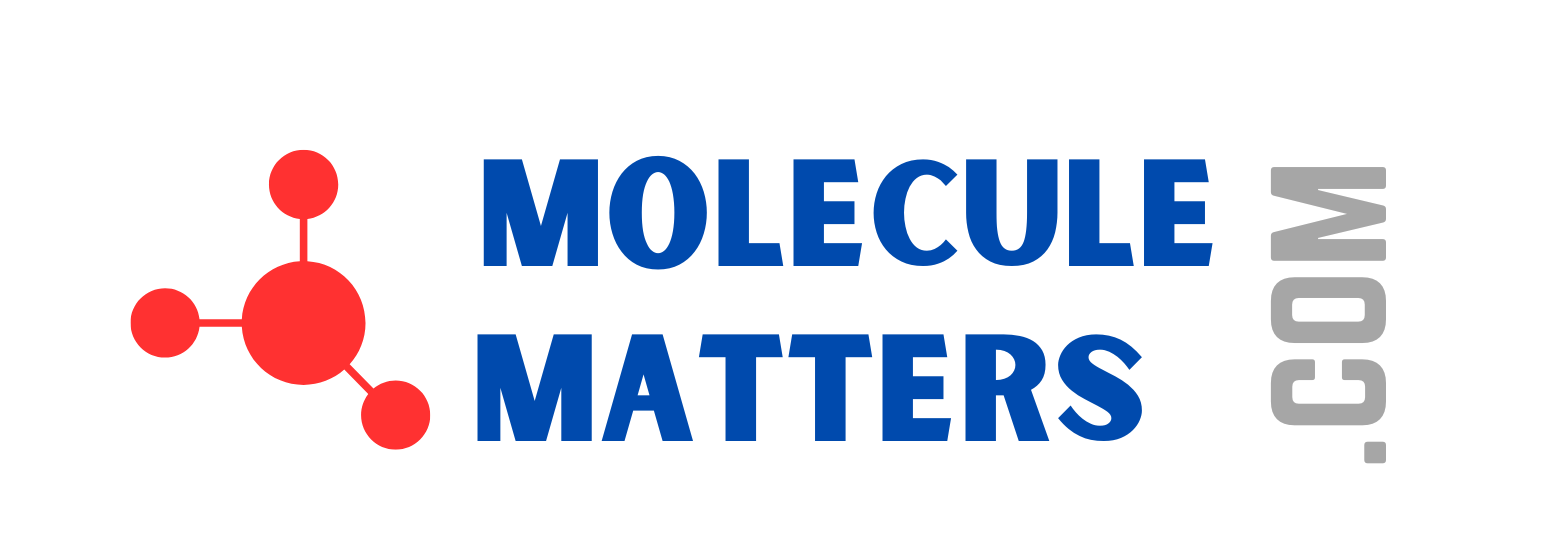Intellectual property (IP) management is crucial in the pharmaceutical industry because it helps protect the significant investments made in drug development, encourages innovation and provides incentives for companies to continue research. Here are some key reasons why IP management is essential in pharma:
1. Protection of R&D Investment
- High Cost of Development: Developing a new drug can cost billions of dollars and take over a decade, with high risks and low success rates. Patents protect this investment by giving companies exclusive rights to recoup their costs.
- Securing Market Position: IP rights (IPR) provide a period of exclusivity that allows the innovator to sell the drug without generic competition, enabling a return on investment.
2. Encourages Innovation and R&D
- Incentive for Innovation: Patents grant temporary monopolies on new inventions, encouraging companies to innovate and take financial risks, knowing they’ll be able to benefit from exclusivity.
- Encourages Advancement: IP protection incentivizes research into new treatments, formulations, or delivery mechanisms that may otherwise lack profitability without exclusivity.
3. Enables Strategic Partnerships and Licensing
- Revenue Generation Through Licensing: Pharmaceutical companies can license their patents to other firms, generating revenue streams and fostering collaborative research.
- Strategic Alliances: IP allows companies to enter alliances and partnerships with others, sharing resources, expertise and market access in exchange for shared rights or royalties.
4. Market Exclusivity and Competitive Advantage
- Preventing Early Generics: IP rights prevent generic manufacturers from copying and selling the drug for a set period, allowing the original developer to gain a foothold in the market.
- Brand Recognition: Patents help build brand recognition by distinguishing an innovative company’s products from competitors’ and building trust with prescribers and patients.
5. International Reach and Expansion
- Global IP Protection: By filing patents in multiple countries, companies can expand their reach globally, ensuring that the protected drug can enter various markets without competition from generics.
- Consistency Across Markets: International IP treaties like the Patent Cooperation Treaty (PCT) and the TRIPS Agreement (Trade-Related Aspects of Intellectual Property Rights) enable consistent IP protection standards globally, helping companies navigate regulatory landscapes.
6. Extended Exclusivity for Product Lifecycle Management
- Secondary Patenting: Pharmaceutical companies use secondary patents on new formulations, combinations or indications of an existing drug to extend exclusivity, effectively lengthening the product’s lifecycle.
- Evergreening Strategies: These can keep a product on the market for longer and reduce revenue loss from generics by filing for new patents related to the drug’s use or composition.
7. Promoting Public Access Through IP Sharing Programs
- Access Initiatives: Some pharma companies share IP for public health purposes, such as during pandemics, through patent pools or special licensing agreements, supporting access in low-income regions.
- Balancing IP and Access: Managing IP carefully allows for affordable generics post-patent expiration, balancing the need for profit with public health benefits.
In summary, IP management in the pharmaceutical industry helps protect the substantial R&D investments required to develop new drugs, provides competitive advantages, and encourages innovation, ultimately benefiting both the industry and public health.
Pages: 1 2
